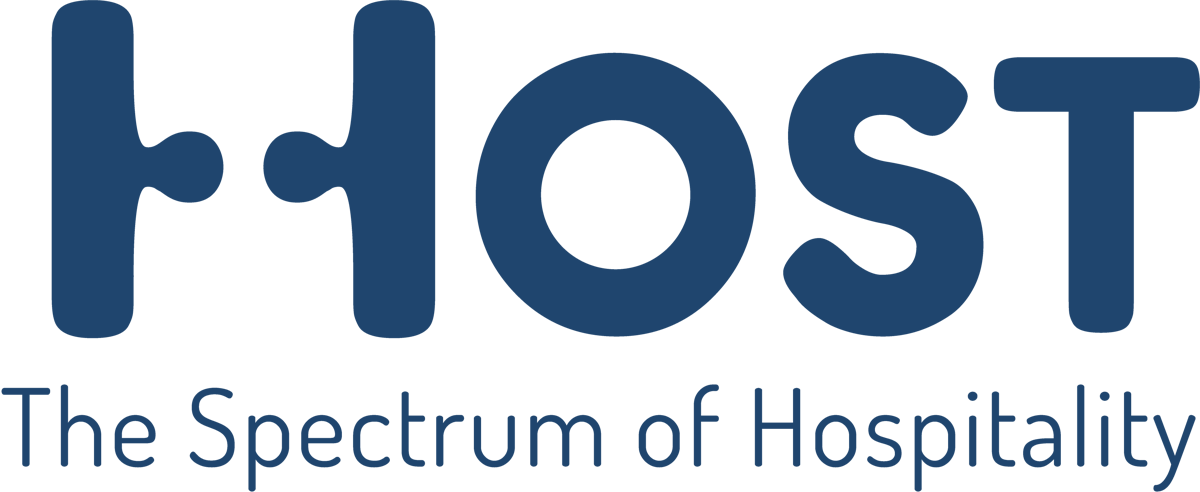Autism Friendly Training

Autism-friendly training is becoming a common term in today’s workplace discussions, but what does it truly mean?
Autism-friendly training is designed to accommodate the unique cognitive and sensory needs of individuals on the autism spectrum.
This type of training includes adjustments in the way we prepare, start, continue, close our meetings as well as adjustments to our communication, training structure, and environment. It moves beyond conventional training by focusing on inclusivity, clear instructions, visual aids, and flexible approaches that align with the strengths and challenges of everyone in need.
Autism-friendly training requires thoughtful adjustments at every stage of a meeting. In preparation, clear agendas and objectives should be shared in advance to allow participants time to process. At the start, concise instructions and clear roles create structure. During the meeting, allowing for breaks, providing visual aids, and keeping the environment sensory-friendly can make a significant difference.
Autism-friendly training helps reduce stress, anxiety, and information overload by ensuring meetings are clear, structured, and paced appropriately. Summarizing key points at the end helps to reinforce understanding and reduce any lingering confusion. Offering follow-up materials and allowing time for questions post-meeting provides additional support, ensuring participants leave feeling informed, rather than overwhelmed. By creating a calm and predictable environment, these adjustments help to minimize anxiety, leading to more effective communication and collaboration.
Differences from Conventional Training In a standard training session, there’s often a focus on group discussions, brainstorms, verbal presentations, and fast-paced interactions. Autism-friendly training, however, considers the need for:
- Clear, structured communication: Reducing ambiguity, sudden changes and offering as precise instructions as possible.
- Visual tools: Incorporating diagrams, checklists, and visuals to aid understanding.
- Sensory accommodations: Adjusting environmental factors, such as lighting or noise, to reduce discomfort.
- Flexible training schedules: Allowing extra time or self-paced learning to help those who need it.
Practical Steps for Preparing Autism-Friendly Training
- Assess Individual Needs: Before designing a program, consult with employees to understand their specific preferences and needs. Some may prefer written over verbal communication, while others might need breaks, brief wrap-ups after each step.
- Adapt Training Materials: Use visual aids, simplified text, and clear task breakdowns. Offer alternative ways of absorbing the material, such as videos or interactive sessions.
- Create a Sensory-Friendly Environment: Minimize distractions and sensory triggers, such as bright lighting or noisy environments, to ensure a comfortable learning space.
- Provide Ongoing Support: After the initial training, continue to offer feedback, mentoring, and support to ensure employees feel comfortable and empowered in their roles.
Implementing autism-friendly training may initially seem time-consuming, but it’s a valuable investment in the long run. As workplaces become more accommodating, not only do individuals on the spectrum benefit, but so does the organization as a whole. Increased productivity, higher retention rates, and a more diverse, dynamic team are just a few of the rewards that come from embracing inclusivity in training.
